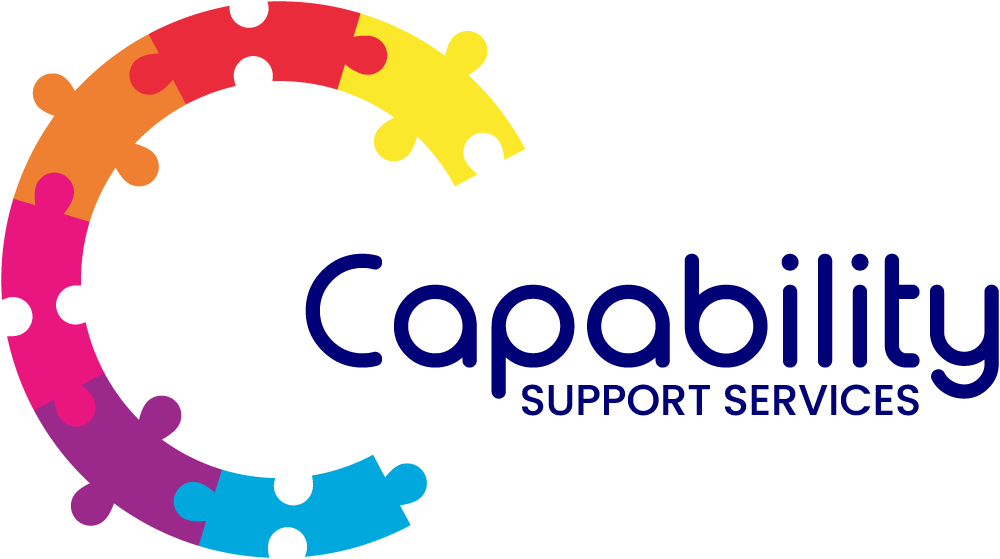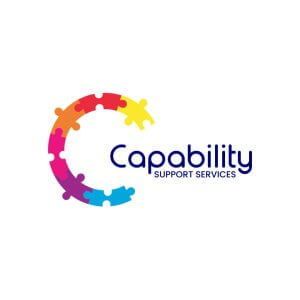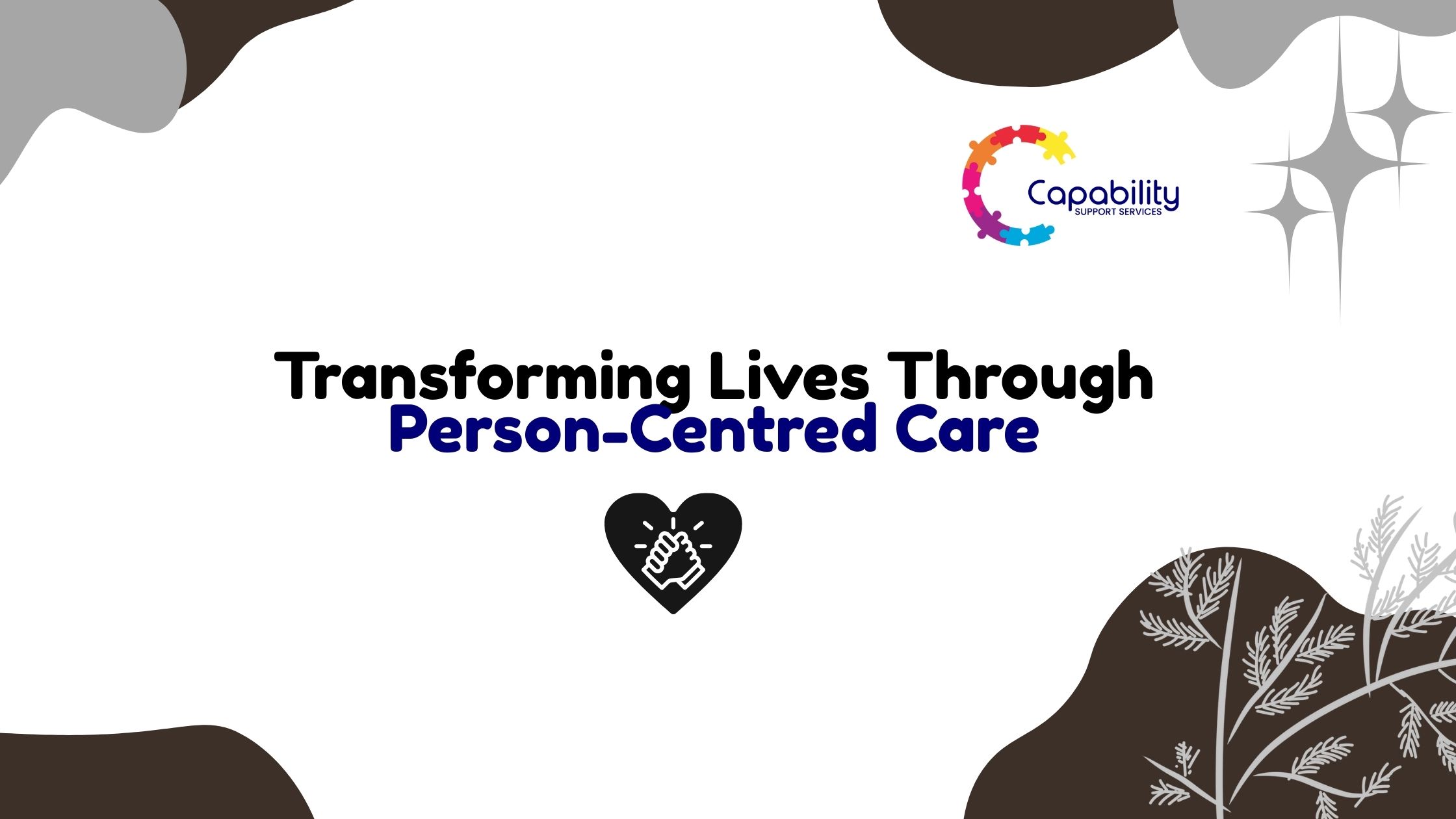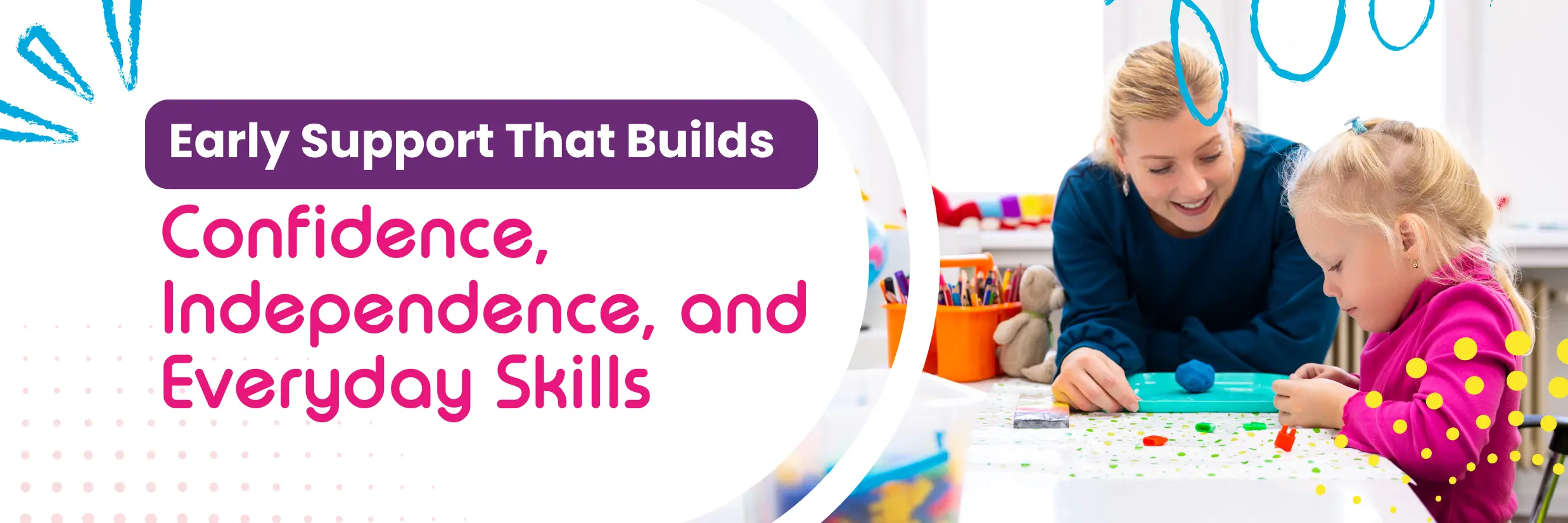Within disability support, restrictive practices are a very sensitive topic. They raise questions about rights, safety, ethics, and dignity. To many participants, support workers, and families, however, an understanding of restrictive practices within the NDIS must be developed so that everyone is protected and enabled.
So, then, what are restrictive practices? Why are they used, and how can we maintain their ethical, regulated, and focused nature on the wellbeing of the individuals who matter most – the participants?
 What Are Restrictive Practices in NDIS
What Are Restrictive Practices in NDIS
Restrictive practices under the NDIS Quality and Safeguards Commission guidelines refer to any practice or intervention that restricts the freedom of an individual with a disability or their rights. They are categorised as:
Seclusion – isolating a person in a room or area in which they can’t go out at will
Chemical restraint – use of medication to control an individual’s behavior instead of to control a medical condition
Mechanical restraint – the application of equipment like belts, straps, or chairs to limit movement
Physical restraint – holding or physically holding someone back to limit their movement
Environmental restraint – limiting access to areas in the environment, e.g., locking the refrigerator or the kitchen
These practices are unlawful under Australian law and are employed only when necessary to avoid harm.
Why Are Restrictive Practices Used?
At times, participants present with self-injurious or harm-to-other types of behaviours. For instance, a participant harms themselves by banging their head against an object over and over again or physically attacking other individuals in their surroundings. Restrictive practices can be added to their behaviour support plan in such cases in order to promote instant safety.
Nevertheless, it is essential to know that restrictive practices are always the last choice. The NDIS Commission mandates that:
- All other approaches have been attempted and recorded
- The practice is covered by a behaviour support plan by an expert behaviour support practitioner
- There is obvious authorisation under state or territory legislation
- The practice is regularly reviewed, and the aim is always to lessen or eliminate it in the future
The Balancing Act: Safety and Human Rights
Perhaps the biggest test in disability support is finding the balance between the safety of a participant and their basic human rights to freedom, dignity, and choice. Picture being physically restrained or isolated. Even if it is for safety reasons, there can be a big emotional impact.
That is why positive behaviour support (PBS) is paramount. It is concerned with understanding the cause of behaviours instead of just controlling them through restrictions. For instance, if a participant gets aggressive when anxious, PBS methods may involve structured routines, visual signals, or sensory supports to minimise anxiety.
This strategy transforms the emphasis from restriction to empowerment and understanding.
The Role of Positive Behaviour Support
Positive behaviour support is a fundamental part of ethical disability care. Its values are:
- Being able to understand behaviours by finding triggers and unmet needs
- Developing proactive interventions to meet those needs before behaviour rises to the level of causing concern
- Reducing the need for restrictive practices by building skills, modifying the environment, and person-centred planning
Ultimately, PBS seeks to enhance the quality of the person’s life and decrease the behaviour of concern without stripping them of their rights.
Legal and Regulatory Safeguards
To ensure participants are safeguarded, the NDIS mandates:
Authorisation – restrictive practices are required to be authorised under applicable state or territory laws.
Behaviour Support Plans – practices need to be recorded within an overall plan prepared by an NDIS behaviour support practitioner.
Reporting – all uses of restrictive practices need to be reported to the NDIS Commission for monitoring and transparency.
Regular Reviews – plans and practices need to be reviewed regularly to verify they are still necessary and are being minimised over time.
These protections prevent participants from being subjected to undue or unethical restraint.
How You and Your Family and Carers Can Support
As a carer or family member, you play an important role. You can:
- Make enquiries regarding restrictive practices in your loved one’s plan. Get to know the reasons why they have been included and what alternatives have been considered.
- Monitor how practices are being implemented to ensure they remain consistent with the plan.
- Support positive behaviour, support approaches, and regular review.
- Support skill development so your family member can become independent and confident, minimising the restrictions.
You are a valuable member of their support team, and your input matters.
Towards a Dignified Future
Restraint practices in NDIS continue to be a nuanced field, but there is no mistaking that dignity, rights, and safety must exist together. Though sometimes unavoidable, restrictions never need to overshadow understanding, empathy, and proactive intervention. As the industry grows, the emphasis remains fixed on positive behavior support, skill acquisition, and the phased elimination of restraint practices.
How Capability Support Services Supports You
At Capability Support Services, we are committed to providing every participant with care that respects their dignity, choice, and safety. Our staff work together with families and behaviour support practitioners to support the use of restrictive practices only where necessary, always in authorised circumstances, and to avoid them in the future. We work to empower every participant through positive behaviour support and empathetic care that looks beyond the behaviour of the person.
If you’d like to collaborate with an organisation that maintains ethical, person-centred care, we’re here to accompany you.




 What Are Restrictive Practices in NDIS
What Are Restrictive Practices in NDIS


